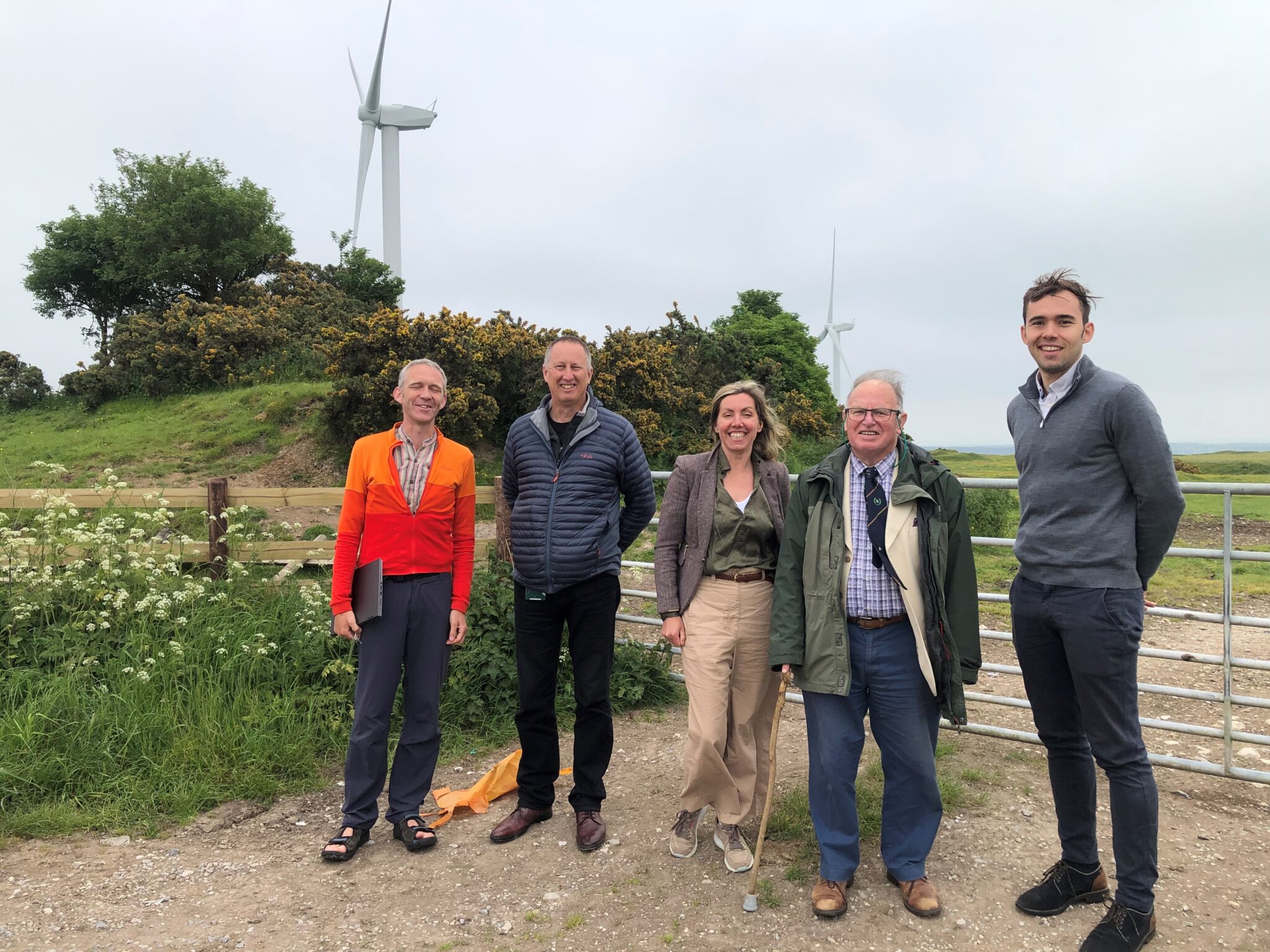Brassington, a small village in rural Derbyshire, has ambitions to become one of the UK’s pioneering off gas rural villages to retrofit homes and introduce a renewable heating network into an existing community.
Currently most of the residents in the village rely on oil to provide heating and hot water in their homes, while the remaining use either electric or other alternative sources. Not only is oil a fossil fuel and carbon intensive, it contributes to local air pollution and makes the village more vulnerable to global challenges that contribute to shortages and inflated oil prices.
Brassington Heat CIC formed in 2021, and they have an ambition to end fuel poverty, reduce dependence on oil and provide cheaper, renewable heating to as many homes as possible.
The community interest company received funding from the Rural Community Energy Fund for a feasibility study carried out by Share Energy. The report demonstrated that building a heat network is feasible providing cheaper electricity can be sourced either from a new turbine or from the existing Carsington wind farm. If completed, this work would support Derbyshire meet its aim of becoming net zero by 2045.
However, a large proportion of households would need to take part to make the scheme viable.
Brassington Heat CIC, along with Ruth Mulvany from the Midlands Net Zero Hub met with Derbyshire Dales Council and Derbyshire County Council representatives, Carbon Alternatives, and Bouygues Energies & Services, who delivered an innovative renewable heat network solution at Swatham Prior in Cambridgeshire.
There is lots of learning that Brassington can take from the Cambridgeshire project. All agreed the most challenging part of this scheme will be retrofitting a village with historic houses and convincing people to trust the new technology.
Nobody really likes oil, it’s messy and smelly and you have to have a really big tank in your garden,
said Brian Barry project lead at Brassington Heat CIC.
But it varies between the generations as to why people are interested. Quite a lot of the younger people see all of the climate change arguments as being central. While for others, having a system where the price is guaranteed is a big motivator.
The next stage of the project involves a detailed engineering study which includes locating the best place for the powerplant.
Read the case study and feasibility study to find out more about the Brassington community energy project.

